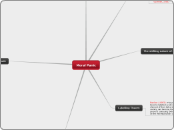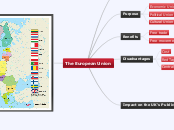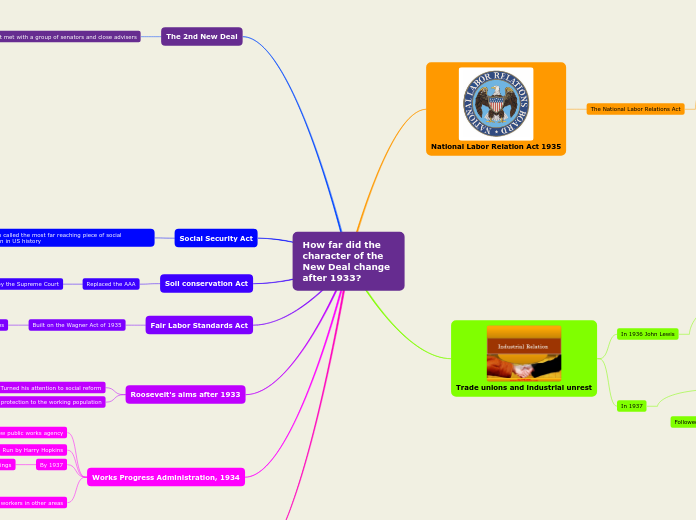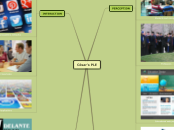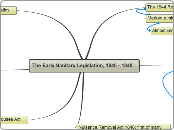Moral Panic
Definition: "The exaggerated reaction, from the media or public, to the activities of a particular social group. These activities may be relatively trivial but have been reported in such a sensationalised manner in the media that there is an exaggerated rise in public anxiety and concern about the activity (Cohen, 1972)
...this creates pressure on those in power to come up with measures that tackle the behaviour. This lead to a kind of state sanctioned stigmatisation (Cohen, 1972)
Conclude
The theories and examples used show how society is at least partly to responsible for the social exclusion of certain groups. The opinions of the general public go a long way to stigmatising certain groups for behaviour considered against the 'norm'. As shown, this stigmatisation of certain, socially excluded groups can in turn necessitate governments to legislate against them.
Labelling Theory
Becker (1963): The process through which a person can become labelled as deviant, or the 'other' in society. An element of their behaviour, seen as annoying to others in society, can become the source of stigmatisation. The person's 'annoying' behaviour can then become exaggerated as the individual plays up to and becomes the label
No excuses...: Sometimes a groups 'annoying' behaviour can become such a source of public anger that the government feel pressurised to act against it. This government white paper is an example of this. Many of the measures contained within are aimed only at appeasing public anger of a type of behaviour (Home Office, 1997)
The removal of Doli Incapax: The presumption that children between the ages of 10 and 13 are incapable of forming the necessary criminal intent has been removed, largely because of public anger over one particular case (Bulger) (Wolff et al, 2000)
Child curfews: All children under 10, regardless of their behaviour, can subjected to orders banning them from certain areas at certain times.
The shifting nature of stigmatisation
Homosexuality: The stigmatisation in law of homosexuality only ended when it was declared legal in the 1960's (Sexual Offences Act 1967)
Unmarried mothers: The social stigmatisation of this group has had devastated impacts on many. In Ireland, right up until the 1990's Magdelen laundries enslaved 1000's of unmarried mothers (BBC, 2013)
Define
Social exclusion: The failure of society to provide certain individuals and groups with those rights and beliefs normally available to its members, such as employment, adequate housing, health care, education and training etc (The Guardian, 2000)
Intro
